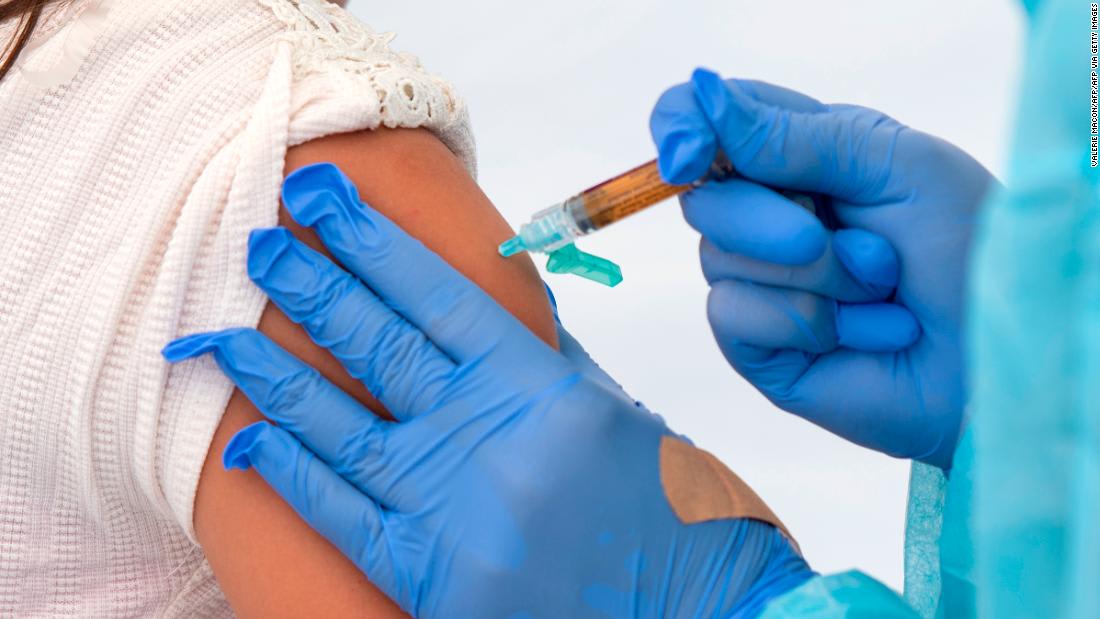AstraZeneca has promised to supply hundreds of millions of doses of its Covid-19 vaccine to low and middle-income countries, and to deliver it on a not-for-profit basis to those nations in perpetuity.
The vaccine, developed at England’s Oxford University, was approved for use by UK regulators on Wednesday — the first country to do so.
It is significantly cheaper than other coronavirus vaccines and, crucially, it would be far easier to transport and distribute in developing countries than its rivals since it does not need to be stored at freezing temperatures.
“I think it’s the only vaccine that can be used in those settings at the current time,” Azra Ghani, chair in infectious disease epidemiology at Imperial College London, told CNN.
The Oxford/AstraZeneca vaccine can be kept at refrigerator temperatures of 2 to 8 degrees Celsius (36 to 46 degrees Fahrenheit) for at least six months. Moderna’s vaccine has to be stored at minus 20 degrees Celsius (minus 4 degrees Fahrenheit) — or at refrigerator temperatures for up to 30 days — and the Pfizer/BioNTech vaccine has to be stored at minus 75 degrees Celsius (minus 103 degrees Fahrenheit), and used within five days once refrigerated at higher temperatures.
“Pfizer and Moderna require freezer storage, and that just isn’t in place in many settings,” Ghani said.
“Cold chain” refrigeration is the standard storage used globally to deliver vaccines from central locations to local health clinics. AstraZeneca’s vaccine is so far “the only one that can definitely be delivered to those systems,” Ghani added.
The vaccines are based on different technology. AstraZeneca’s offering — like Johnson & Johnson’s vaccine and Russia’s Sputnik V — uses an adenovirus to carry genetic fragments of coronavirus into the body.
Read more:
You may also like
-
UK coronavirus variant has been reported in 86 countries, WHO says
-
NASA technology can help save whale sharks says Australian marine biologist and ECOCEAN founder, Brad Norman
-
California Twentynine Palms: Explosives are missing from the nation’s largest Marine Corps base and an investigation is underway
-
Trump unhappy with his impeachment attorney’s performance, sources say
-
Lunar New Year 2021: Ushering in the Year of the Ox


